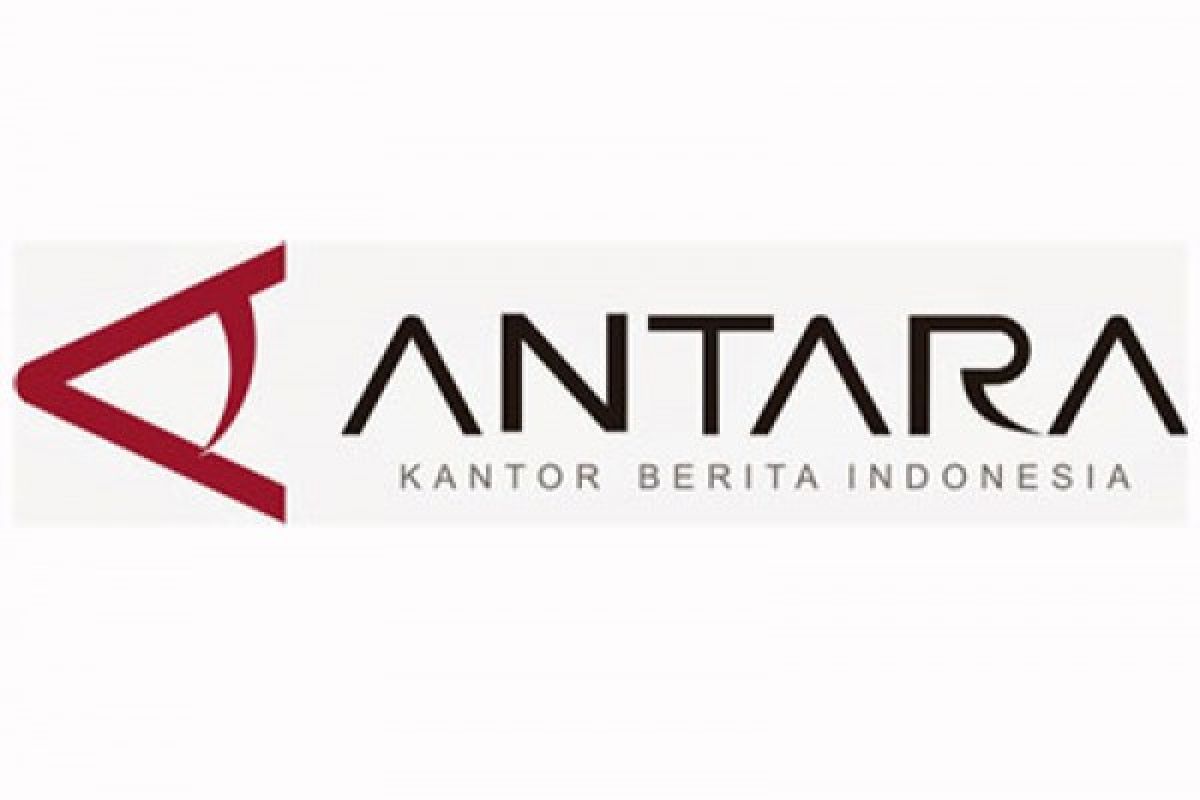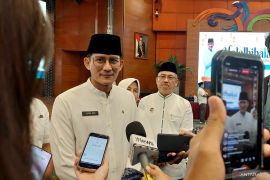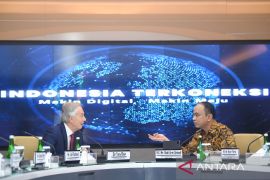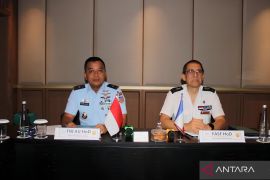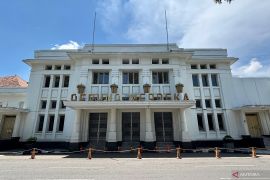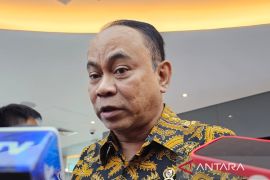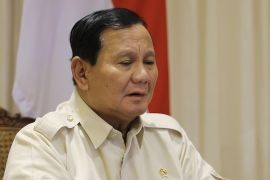As the world is increasingly moving toward digital transactions in every aspect of life, this will make it possible for Indonesia to move further into the digital age by using e-voting in general elections.
In the light of this, chairman of the Habibie Center Board of Directors Sofian Effendi has urged that the presidential and legislative elections in 2019 be done by e-voting system because it has some superiority.
In the initial stage there will of course be significant costs for planning, introduction and equipment, but in the long run and with a widespread introduction, the electronic voting system will lead to many cost savings.
In traditional paper ballot voting, manual counting can result in errors and takes time away from more important tasks but digital voting will allow for automatic counting of ballots, eliminating these problems.
Nobody likes the busywork that comes with having to tally up votes but by making it automatic, someone will be more available to do more constructive tasks.
Therefore, the chairman of the Habibie Center Board of Directors has stated the important thing was the government`s willingness to implement e-voting.
"Infrastructure and technology already exist, and the telecommunication infrastructure in Indonesia is much better than that the Philippines which has ever done e-voting," Sofian Effendi remarked.
Starting with the 2010 general elections in the Philippines, voters have to shade an oval preceding the candidate`s name on their paper ballot, and have their ballot registered with an Optical mark recognition (OMR) machine.
While the machine prints a voting receipt, it collects the vote count electronically to be eventually transmitted to the Municipal Board of Canvassers.
For the 2016 general elections in the Philippines, the Commission on Elections leased 94,000 new Optical Mark Recognition (OMR) machines from London-based electronic voting technology company Smartmatic, while the old ones would be refurbished for the 2019 elections, in a contract totaling 7.9 billion pesos.]
The Commission unanimously voted to disallow the issuance of voting receipt to voters, although they allowed on-screen verification for 15 seconds.
It also shelved its original plans for conduct the balloting in shopping malls, while allowing some limited replacement ballots for voters whose original ballot is rejected by the vote counting machine.
For the general elections in Indonesia, Sofian Effendi noted that the advantages that can be achieved by electronic voting system, among them is the election results can be announced more quickly, which is about five hours after the voting.
Furthermore, there will be no vote buying at the top level of political parties and no more vote fraud because the voting results will be directly from the Polling Stations (TPS) to the central server.
In e-voting with with everything being taken care of digitally, it is all kept in a safe place and there is no chance of the ballots being lost or destroyed.
In addition, security is always a concern among voters and this is one of the greatest benefits of the e-voting system with real time results.
Instead of waiting for all the votes to come in, the votes are counted as they come in, which saves time and allows action to be taken much quicker than it would be possible with traditional voting methods.
In electronic voting it is not possible to make voting errors by mistake, because the identification information of the chosen candidate will appear on the screen before the vote is confirmed.
Another advantage for the voter is that there is no ambiguity in interpreting an electronic vote. When traditional paper ballots are used, unclear numbers may sometimes cause problems.
For the authorities, electronic voting reduces and simplifies their work significantly.
Electronic voting leads to notable cost savings through reduced personnel, especially in the advance voting.
For instance, stamping the ballot and sealing the ballot in the election envelope, filling in the covering letter, making the entries in the voting register, and sending the voting documents to the central municipal electoral board, among other things, are no longer needed in electronic voting.
"I think the president needs to have the courage to determine the need for the implementation of e-voting because there are many benefits to be gained, besides being cheaper," said Sofian.
According to him, the presence of some citizens who have not done the electronic ID card recording is not an obstacle to the implementation of e-voting, although the electronic ID card provides complete citizen data.
The professor of State Administration of the University of Gadjah Mada pointed out that the Philippines which have applied e-voting system did not use electronic ID card.
Sofyan reiterated that the technology in Indonesia already exists to conduct electronic voting, while for security, the National Cyber Encryption Agency (BSSN) is there to work immediately and effectively.
But the remaining obstacles in terms of e-voting, according to him, are a number of political parties that do not support such a system.
(T.O001/A/KR-BSR/A/H-YH)
Reporter: Otniel Tamindael
Editor: Heru Purwanto
Copyright © ANTARA 2018
